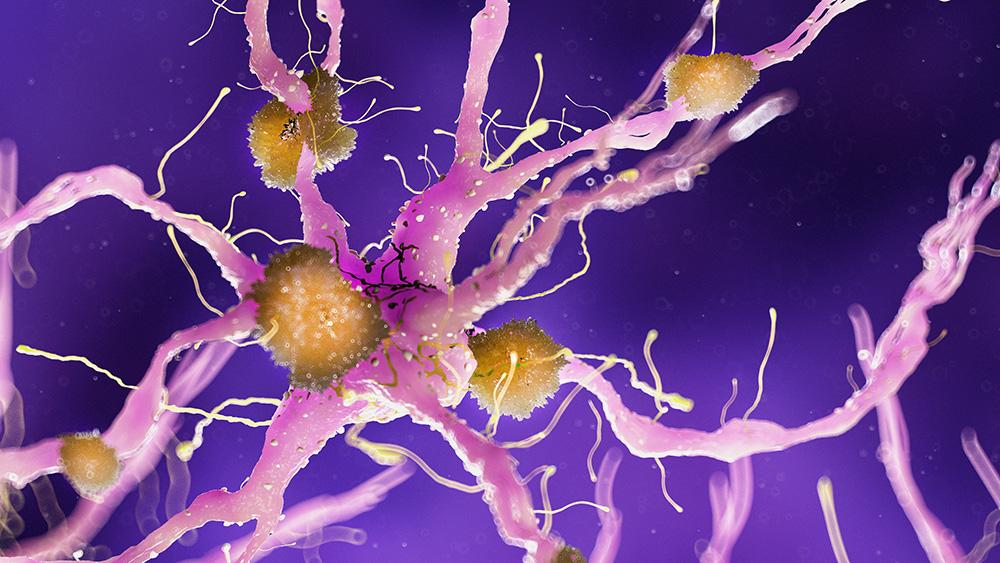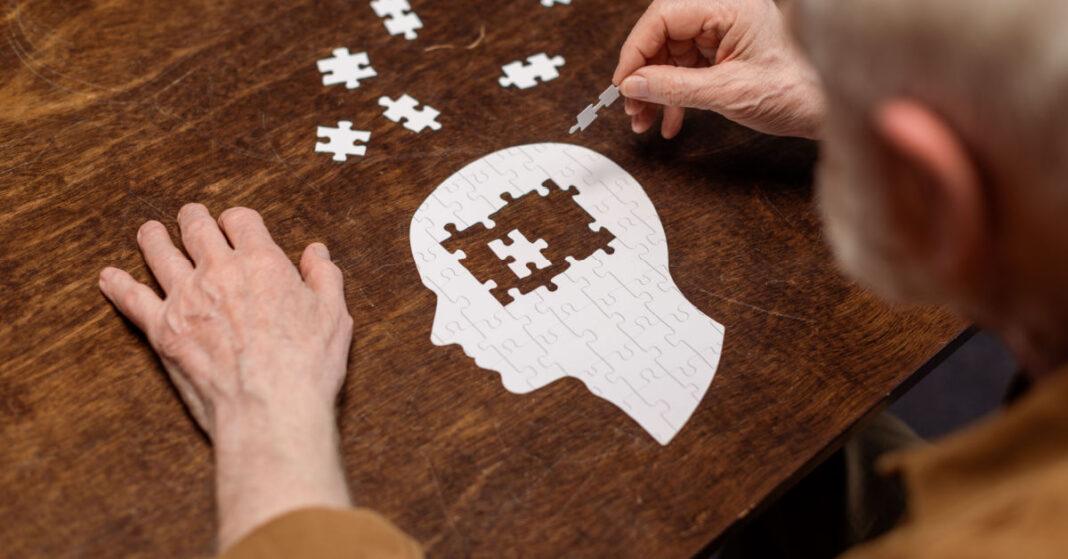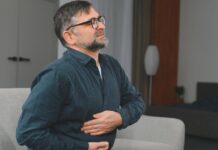In a sample of 12,000 older adults, vitamin D supplementation was associated with a 40% lower dementia incidence rate compared with no supplementation, says Zahinoor Ismail, MD, of the University of Calgary in Canada and the University of Exeter in England, and co-authors.
None of the stupid pharma formulations used to “treat” dementia have anywhere close to this effect! Here’s a summary of the dubious 2 – 3% benefits of Aricept (donepezil): people with mild, moderate or severe dementia due to Alzheimer’s disease treated for periods of 12 or 24 weeks with donepezil experience small benefits in cognitive function, activities of daily living and clinician-rated global clinical state. Benefits on 23 mg/day were no greater than on 10 mg/day, and benefits on the 10 mg/day dose were only marginally larger than on the 5 mg/day dose.
“Small benefits”? “No greater”, “only marginally”? In other words, drugs for Alzheimer’s are rubbish.
So we all take vitamin D, we’ll all be happier and healthier and see little or no cognitive decline, and no need for drugs, right?
Not so fast buddy. Then along comes the “science”!
Simple revealing facts like these do not suit current “science” which has a financial agenda. It’s very inconvenient to the big shots who really count in life (Big Pharma executives, government shills and self-serving medical “experts”, who don’t want to be found WRONG).
So they waded in and tried to trash this important study, which tells us what we already know: vitamin D has profound effects on brain viability and function. See, vitamin D is not just about rickets and bone strength. Vitamin D has its fingers in just about EVERYTHING!
According to a 2014 study: “Vitamin D is an important calcium-regulating hormone with diverse functions in numerous tissues, including the brain. Increasing evidence suggests that vitamin D may play a role in maintaining cognitive function and that vitamin D deficiency may accelerate age-related cognitive decline.”
Inadequate vitamin D status also correlates with a greater risk for cognitive decline in the elderly, suggesting that optimal levels may promote healthy brain aging.1
Researchers have theorized that, because the brain expresses vitamin D receptors (VDRs) and can synthesize the active form of the hormone, the possible cognitive enhancing effects of vitamin D may reflect a primary action in the brain rather than just a result of secondary health effects.2
Indeed, showers of studies have shown that vitamin D, as well as the biologically active form of the hormone, 1,25-dihydroxyvitamin D, has direct neuroprotective actions and can reduce some biomarkers of brain aging.3
So the shills have a struggle here. They still try and discredit studies which show this effect but the evidence is against them.
Not that mere details stop arch-shill Claire Sexton, DPhil, senior director of scientific programs and outreach at the Alzheimer’s Association in Chicago, from pronouncing vitamin D has no place: “It is not recommended to start vitamin D supplementation to reduce dementia risk,” she told MedPage Today.
“It is important to note that this study is an observational study, not an intervention, so it cannot establish causation,” she points out. But there are hundreds of other studies which DO, and she ignores those.
Of course orthodox doctors are happy to use an observational when it supports their theories; only when it supports the natural view of things and non-therapy treatments do they get ratty.
“Also, a significant limitation to the study is that neither vitamin D levels at baseline and follow-up, nor dose and duration of supplementation, were available or analyzed,” she added (as if how long they took supplements was even relevant).
Whatever the length of time participants took vitamin D should not matter, if it’s just a non-causal effect. You don’t have to know how much aspirin patients took, if it has been shown that taking aspirin relieves pain! Duh!
Then Sexton comes up with the classic line: ” …further research is needed in this area.” That’s what they say when they want people to believe the research isn’t conclusive!
To understand this drivel, you need to keep in mind that the Alzheimer’s Association DOES NOT WANT SUCCESSFUL THERAPIES. The Alzheimer’s Association is a font group for Big Pharma, there to push pharmaceutical “solutions”, even when they don’t work.
Even more than that; they are there to trash safe and effective alternatives which would compete with their lucrative market share. I have written before that in 2003 I was scheduled to deliver a talk to the Alzheimer’s Association in Colombo, Sri Lanka (I lived in Colombo at the time). I was to talk about diet and nutrition and natural supplements as a means of blocking or delaying dementia, something very important to a poor country, with an aging population.
But my talk was pulled at the last minute by the US head office. They want to go on exploiting this tiny country, with few or no resources, and nothing must override their message, which is that drugs for Alzheimer’s are totally effective and natural solutions don’t work, so you’d better pay up, or else.
So, for us live-forever Boomers, this latest study showed: five-year dementia-free survival was 83.6% for those exposed to vitamin D and 68.4% for the non-exposed group. That’s a huge difference.
And let me say I find it strange language to talk about people being “exposed” to vitamin D levels. It’s like they are trying to position it as a pathogen or toxin!
But get this: Vitamin D is known to participate in the clearance of amyloid beta (A?) aggregates, one of the hallmarks of Alzheimer’s disease (AD), and may provide neuroprotection against A?-induced tau protein (hyperphosphorylation). Low levels of serum vitamin D have been associated with a greater risk of dementia and AD.5

Just boil it down to the essentials: you and me, us older folk, need to ramp up our vitamin D intake; it’s definitely neuroprotective and we need to look after our aging brains.
DECLINE IS NOT INEVITABLE. Hundreds of thousands of centenarians are sharp mentally. But inadequate nutrition is the clear factor which separates “aging” from old-age vitality and living fun, not a meds-deficiency!
How Much? I think 5,000 IU daily is perfectly adequate. More is not necessarily better. Hey, vitamin D is dirt cheap. Yahey! So do not let yourself become deficient.
Love to All,
Prof. Keith Scott-Mumby
The Official Alternative Doctor
Notes:
- The Proceedings of the National Academy of Sciences (PNAS), September 29, 2014. 111 (41) E4359-E4366 https://doi.org/10.1073/pnas.1404477111
- WE Stumpf, LP O’Brien, 1,25 (OH)2 vitamin D3 sites of action in the brain. An autoradiographic study. Histochemistry 87, 393–406 (1987)] and [E Garcion, N Wion-Barbot, CN Montero-Menei, F Berger, D Wion, New clues about vitamin D functions in the nervous system. Trends Endocrinol Metab 13, 100–105 (2002)
- ibid.
- The Proceedings of the National Academy of Sciences (PNAS), September 29, 2014. 111 (41) E4359-E4366 https://doi.org/10.1073/pnas.1404477111.
- Ghahremani M, et al “Vitamin D supplementation and incident dementia: Effects of sex, APOE, and baseline cognitive status” Alzheimer’s Dement 2023; DOI: 10.1002/dad2.12404.




